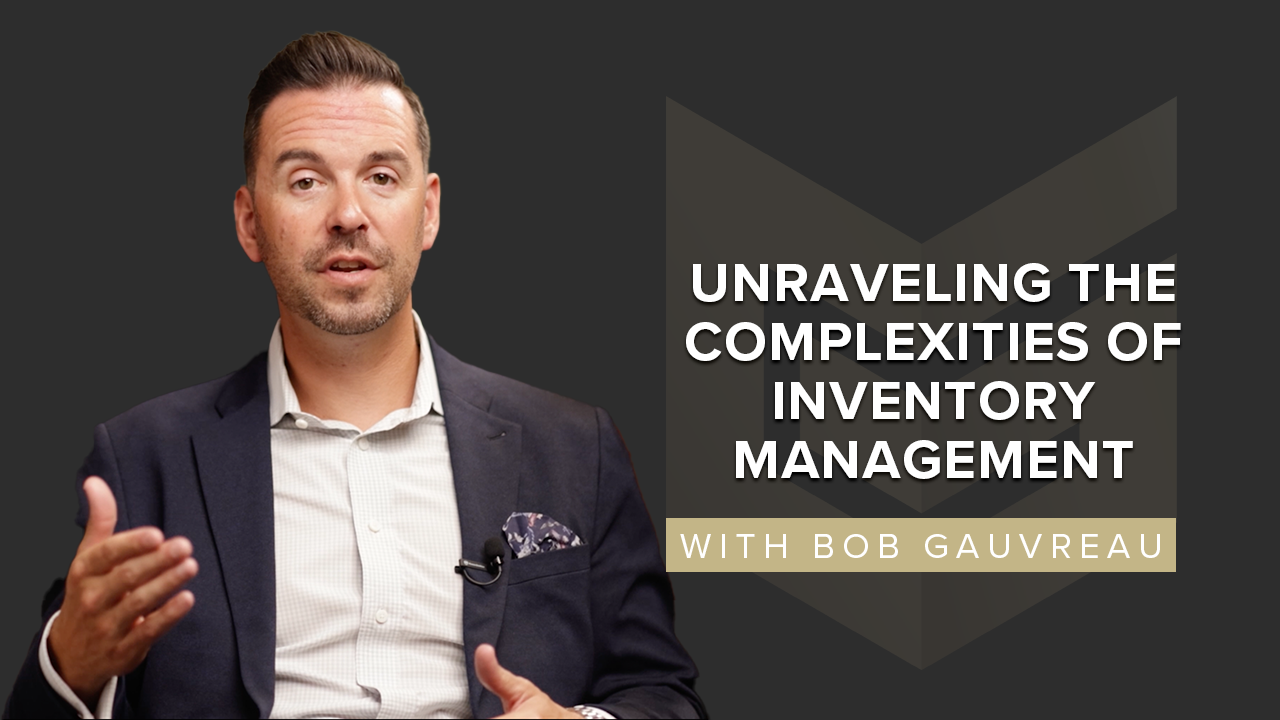Running a small business is an exhilarating journey, but it comes with its fair share of risks. One of the critical aspects often overlooked is risk management. In this blog post, we'll delve into the importance of understanding and mitigating risks for the longevity and success of your business.
Defining Risk Management: A Vital Business Strategy
At its core, risk management is the art of positioning your business to avoid potential pitfalls and consequences of failure. It involves thoughtful planning and strategic measures to protect your business and, by extension, your personal and financial well-being.
Understanding Your Risk Tolerance
A fundamental question in risk management is determining your risk tolerance. How much financial cushion should you have in your bank account to weather unforeseen challenges? This varies from person to person and is closely tied to your risk tolerance as a business owner. Are you an all-in entrepreneur, reinvesting constantly, or do you lean towards a more conservative approach?
A general guideline is to maintain access to working capital equivalent to about three months of ongoing expenses. While this may seem conservative to some, it provides a safety net in case of unexpected disruptions to your business.
Risk Management Profile: Finding Your Fit
Recognizing your risk management profile is crucial. Some entrepreneurs find solace in having a significant amount in their bank account, while others operate with a leaner reserve. Understanding where you fall on this spectrum is key to making informed decisions about your business's financial safety.
Insurance as a Key Element of Risk Mitigation
One powerful tool in risk management is insurance. It acts as a safety net for various scenarios that could impact your business and personal life. Consider these types of insurance:
- Life Insurance: Provides financial benefits to your family or beneficiaries in the event of your passing.
- Critical Illness Insurance: Offers financial support if you face a severe health issue that prevents you from working.
- Disability Insurance: Ensures continued income if you become disabled, allowing you to meet financial obligations.
- Business Interruption Insurance: Protects against disruptions like office disasters, ensuring financial support for your business during the recovery period.
Building a Financial Safety Net
Maintaining a safety net of cash in your business account is another effective way to mitigate risk. Having quick access to funds can be a lifeline in emergencies, allowing you to navigate challenges without compromising your business's stability.
Take proactive steps to assess your risk management strategy. Evaluate your risk tolerance, explore insurance options, and consider building a financial safety net. By implementing these measures, you not only protect your business from potential threats but also create a foundation for sustainable growth.
Don't wait for uncertainties to catch you off guard. Act now to fortify your business against risks and uncertainties. Remember, a well-managed risk is a step closer to a resilient and thriving business.
 Gauvreau Accounting Tax Law Advisory
Nov 30, 2023
Gauvreau Accounting Tax Law Advisory
Nov 30, 2023


